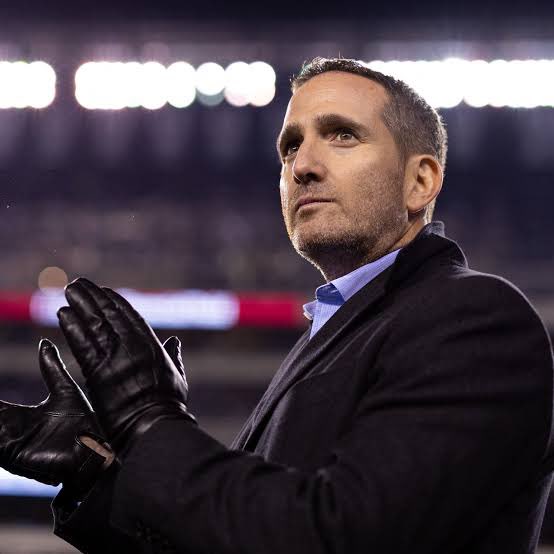
In the NFL, roster management often involves a complex mix of strategy, rules, and unwritten agreements, one of which pertains to waived/injured players. According to league insiders, there is a long-standing, informal understanding among teams: when a player is waived with an injury designation, other teams generally refrain from claiming them off waivers. This practice allows the original team to place the player on injured reserve (IR) without the risk of losing them to another organization.
The waived/injured process is designed for situations in which a team needs to remove an injured player from its active roster but wants to retain their rights while they recover. When a player is waived/injured, they go through the standard waiver system, giving other NFL teams a 24-hour window to claim them. If no team claims the player, they revert to the original team’s injured reserve list, enabling the team to continue paying the player while opening a roster spot.
While this might sound straightforward, the courtesy not to claim waived/injured players has evolved over time as part of the league’s unwritten etiquette. Teams understand that claiming a player who is injured can carry significant risks, including the financial obligation of paying the player and the uncertainty about their recovery timeline. Moreover, it is generally seen as bad form to poach a player who is sidelined due to injury, as it disrupts relationships between front offices and could complicate future transactions.
“This is one of those unspoken rules in the league,” said a veteran NFL executive. “Everybody knows the risk of claiming a waived/injured player is high. Most teams don’t do it because it’s considered a courtesy, and there’s no upside in creating bad blood with another team over a player who isn’t able to contribute immediately.”
Despite being unwritten, the rule is widely respected. Teams routinely communicate and observe each other’s moves, often refraining from aggressive claims unless the player is expected to return quickly or offers a rare talent that outweighs the risks. This understanding helps maintain a balance between competition and professional courtesy, particularly among general managers who have longstanding relationships from years of league interactions.
However, there have been occasional exceptions where teams gamble by claiming a waived/injured player, especially if they believe the player has long-term value or could recover faster than anticipated. Such moves are rare and can sometimes create tension, but they are generally accepted as part of the competitive nature of the league.
The waived/injured courtesy also benefits players, as it gives them stability and time to rehabilitate without worrying about being immediately uprooted from one city to another. For teams, it provides roster flexibility while minimizing risk, allowing coaches to plan for the season while managing injured personnel effectively.
In a league where millions of dollars and championship aspirations are at stake, unwritten rules like this one play a subtle but critical role in maintaining order and mutual respect. They reflect the delicate balance between competition and cooperation, ensuring that even in a high-stakes environment, teams can operate with a shared understanding of fair practice.
If you want, I can also break down a few notable recent cases where teams respected—or broke—this unwritten rule, to make the article even more illustrative.






